|
Going back to school can be exciting, but it can also be a hectic time for rare families! Fighting H.A.R.D. teen Kaylee Mescal has some tips for Fighting H.A.R.D. kiddos and Rarents that can make the process a little bit easier. Fighting H.A.R.D. kiddo and Rarent support groups can also be a great resource to discuss concerns and experiences with other families who "get it". Feel free to contact us for more information!
0 Comments
What is Parenteral Nutrition and What is Intravenous (IV) Therapy?
Whereas enteral nutrition involves the delivery of food, water, and medications to your digestive system through a feeding tube, parenteral nutrition is completely different. Parenteral nutrition also delivers food, water, and medications, but it does so intravenously (through a vein). This means that the digestive system is essentially bypassed, and is uninvolved in the uptake of nutrients (Cleveland Clinic). What is Enteral Nutrition and What is a Feeding Tube?
While it may sound overly complicated, “enteral nutrition” really just refers to the delivery of liquid food, water, and medication to the digestive system. And the “feeding tube” is the medical device that makes enteral nutrition possible. Think of it like this, enteral nutrition is basically a magic trick that allows kids to take in proper nutrients and stay hydrated. And the feeding tube is the magic wand that makes it come to life! But why would someone need a feeding tube in the first place? As per the “Guide To Tube Feeding For Patients and Families,” which has been kindly published as an online PDF (here) by the Michael Garron Hospital, there are many medically necessary reasons for using a feeding tube. These include when patients are:
This was created by Alexandra Crocker for a health policy class at Franklin and Marshall College. The graphic went alongside a presentation discussing the importance of telehealth, the Interstate Medical Licensure Compact (IMLC), and comprehensive care for rare disease and chronic illness patients in the U.S.
PublicationThis is a piece written by Alexandra Crocker that was published in an official Spanish bulletin at Franklin and Marshall College. It is about the need for more interpreters, especially in medical settings.
|
AuthorsJonna Crocker is an Applied Economics and Management major at Cornell University and, within these Rare Reflections, analyzes and discusses rare disease issues relating to her field of study. Archives
August 2023
Categories |


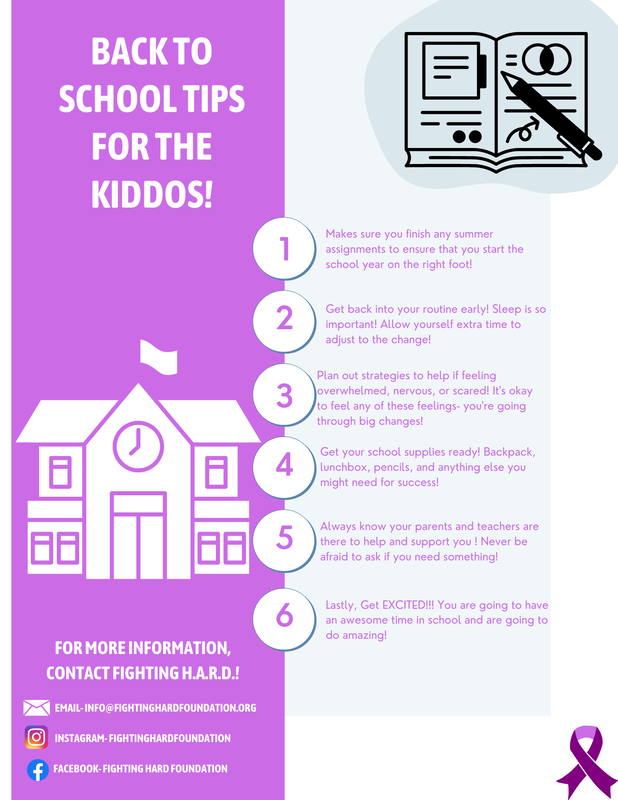
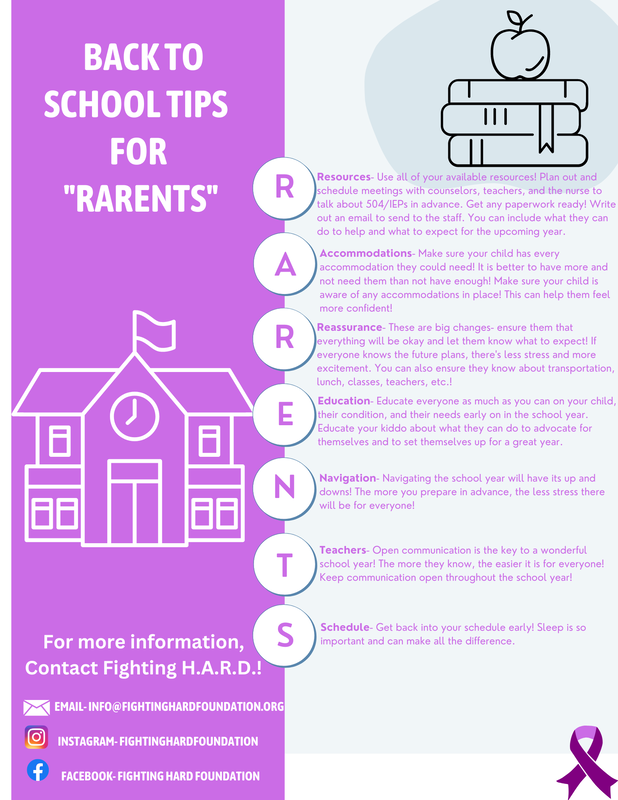
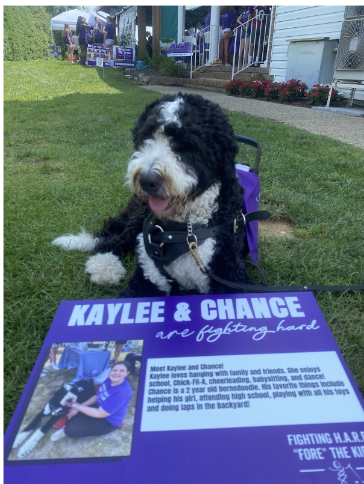
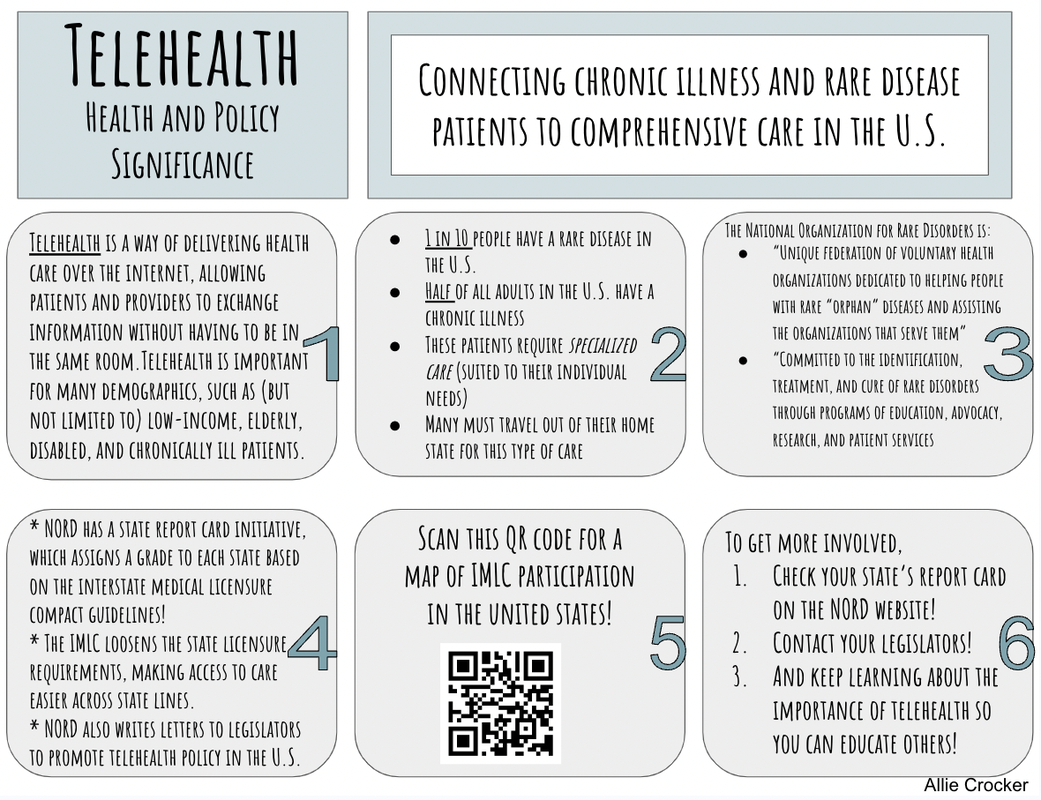

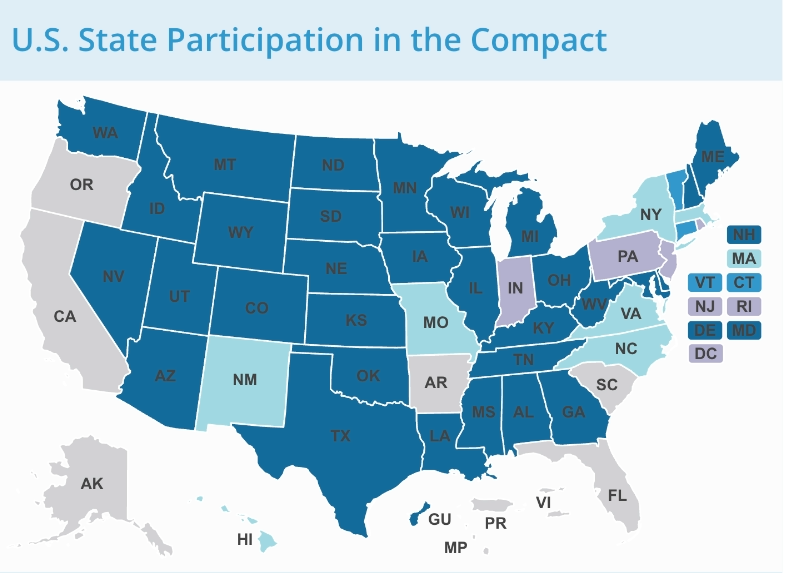







 RSS Feed
RSS Feed